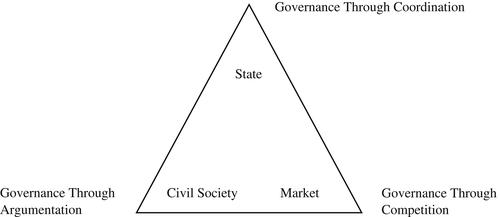Navigating three vectors of power: Global strategy in a world of intense competition, aggressive nation states, and antagonistic civil society
Abstract
Research Summary
Global strategy must negotiate three vectors of external power: State policies (that often conflict across national boundaries), the demands of civil society, and market pressures. The global strategies of corporations must reflect their two enduring and non-replicable advantages—innovation and flexibility. These qualities are essential in the face of increased government regulation together with intensification of non-market strategies as well as improving responses to the increased exigencies of international competition. A radical reappraisal of global strategies is therefore necessary. The global strategies of corporations here are analyzed using the “governance triangle” that examines governance through coordination (the role of the state), governance through competition (the market), and governance through argumentation (civil society). Future global strategies must contend with this web of constraint.
Managerial Summary
This paper suggests that managers need to recognize the web of constraints surrounding their strategic decisions. The three key vectors of external power are the state and government regulation, the power of civil society exercised through argumentation, and competitive action. Recognition of increasing pressure from the three vectors of power is the first step in reformulating global strategy. A wider acknowledgement and inclusion of stakeholders and increasing non-market strategic activity are no longer optional but are mandatory. Navigating these constraints suggests a new web of opportunity where the true long-run advantages of successful firms—flexibility and innovation—can be implemented.


 求助内容:
求助内容: 应助结果提醒方式:
应助结果提醒方式:


